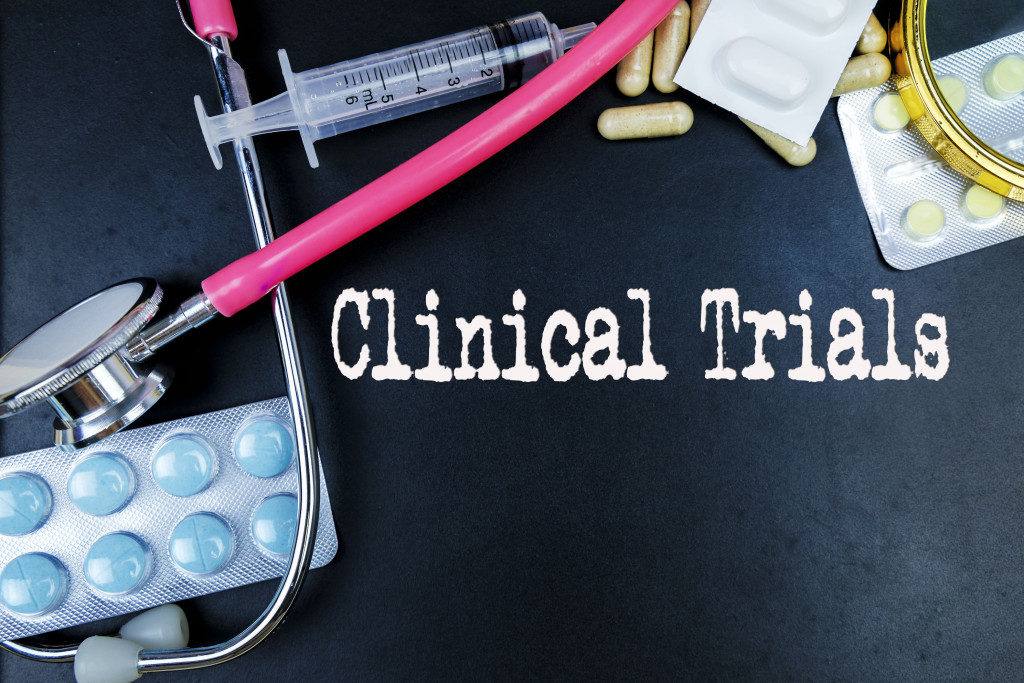Disclaimer: This website provides health information for educational purposes only and is not a substitute for professional medical advice, diagnosis, or treatment. Always seek the guidance of a qualified healthcare provider with any questions you may have.
The pharmacy sector is one of the most critical aspects of the medical field and society. Pharmacists play a vital role in helping to ensure that patients receive the correct medication and dosage. They also work to educate patients on how to take their medications properly. In addition, pharmacists are responsible for ensuring that all medicines and other products sold in their pharmacies are safe and effective.
The pharmacy sector is also crucial because it helps to keep healthcare costs down. When pharmacists can dispense medication directly to patients, it helps avoid the need for expensive doctor visits. It benefits patients and helps to keep healthcare costs down for insurance companies and governments.
With such a vital role in keeping people alive and healthy, the pharmacy business can’t afford to make mistakes, even in the most straightforward business task. Here are some of the challenges they have to overcome daily to ensure proper delivery and results.
The Tests of Clinical Trials

Pharmaceutical companies have to develop new drugs and treatments for various illnesses and diseases. It involves conducting grueling and fast-paced clinical trials to test the safety and effectiveness of the latest products. The trials can be very challenging, and many products never make it to market due to poor results in testing.
However, the companies that manage to develop successful new drugs can earn billions of dollars in revenue. The pharmaceutical industry is one of the most profitable industries globally. As a result, pharmaceutical companies have a lot of money at stake in their clinical trials, and they have to find ways to overcome the many challenges involved.
The most difficult challenges involved in clinical trials that pharmaceutical companies have to overcome are ensuring the safety of participants, obtaining accurate data, and meeting regulatory requirements. Ensuring the safety of participants is paramount, as any adverse effects could cause severe harm or even death. Getting correct data is also essential, as they can use it to decide whether they should bring a product to market. Meeting regulatory requirements is critical, as any failure could result in significant financial penalties.
Clinical trials need to happen before releasing a new drug on the market, making it a daily obstacle.
Constant Logistics Battles
One of the biggest challenges is ensuring that products get provided to the right place at the right time. It can be difficult, as products may need to arrive in remote areas difficult to reach.
In addition, pharmaceutical companies need to consider expiration dates when planning deliveries. Pharmaceutical companies cannot sell products after they have expired, so it is essential to schedule deliveries to minimize the number of expired products. It can be challenging, as it often requires coordination between different departments within a company.
Pharmaceutical companies also need to ensure that they have enough storage space for their products. It can be difficult, as space is often limited and expensive. In addition, companies need to make sure that their products get stored safely and securely.
All of these challenges require careful planning and coordination to overcome them. Pharmaceutical companies face a constant battle to ensure that their products are delivered correctly on time.
Pharmaceutical companies might have to spend more resources to offset their need to retract products. Fortunately, they can partner with a reverse logistics company to lessen costs.
Handling Controversies
The pharmaceutical industry is no stranger to controversies. There have been several high-profile cases of companies getting accused of price gouging, unethical marketing practices, and failing to disclose safety risks in recent years.
Price gouging occurs when a company suddenly raises prices, often responding to a crisis or disaster. During the COVID-19 pandemic, some companies raised the prices of essential medicines and medical supplies. The practice caused widespread outrage, and many governments took action to prevent it from happening again.
Unethical marketing practices involve promoting drugs for uses that they are not approved for or making false or misleading claims about a product’s benefits. Companies got accused of bribing doctors to prescribe their drugs in some cases. These practices can put patients’ health at risk and damage the pharmaceutical industry’s reputation.
Failing to disclose safety risks is another controversy that the pharmaceutical industry has faced. In some cases, companies got accused of downplaying the risks of side effects or not disclosing them at all. It can lead to patients taking drugs that are unsafe for them and suffering severe harm.
The pharmaceutical industry is often in the news for these controversies, and it can be difficult for companies to overcome them. However, companies need to address these issues head-on and take steps to ensure that they do not happen again in the future.
Conclusion
The pharmaceutical industry is a challenging sector. Companies face many obstacles, including meeting regulatory requirements, ensuring the safety of participants, and managing logistics. They also need to be careful about marketing their products and disclosing any risks. Despite these challenges, the pharmaceutical industry is essential for developing new drugs and medicines that save lives. Companies in that sector must continue to thrive amid the obstacles.

